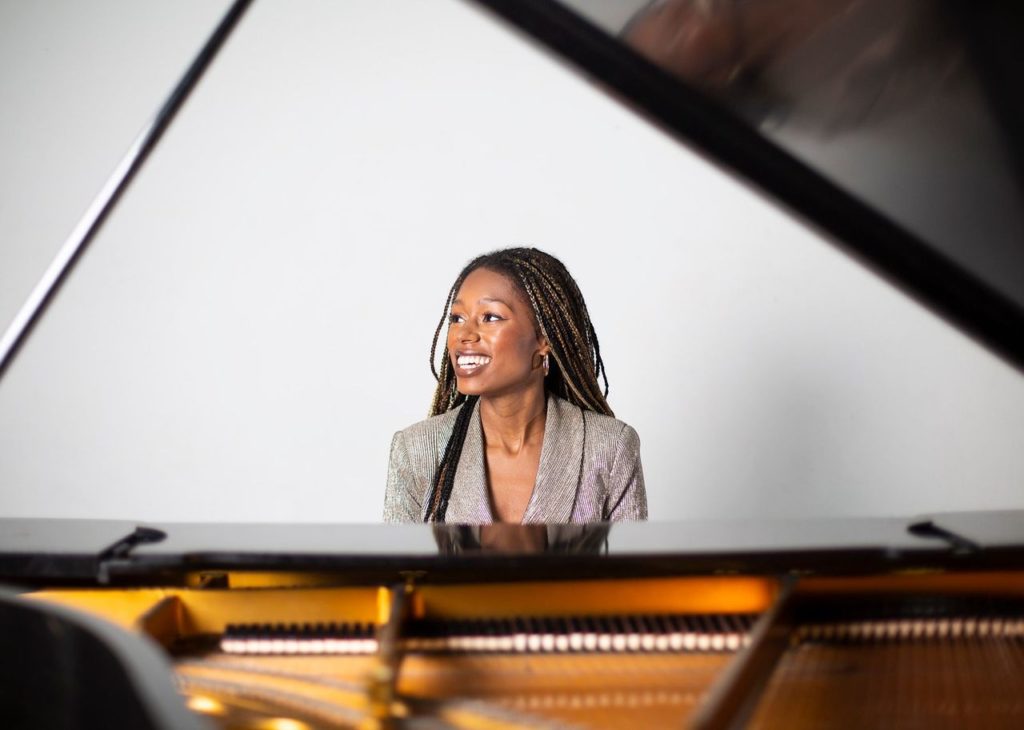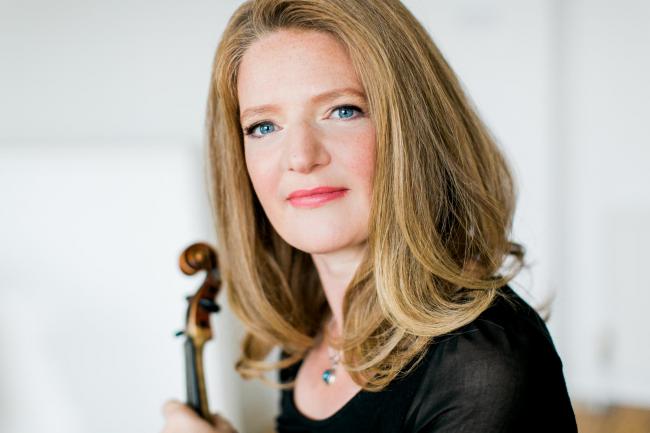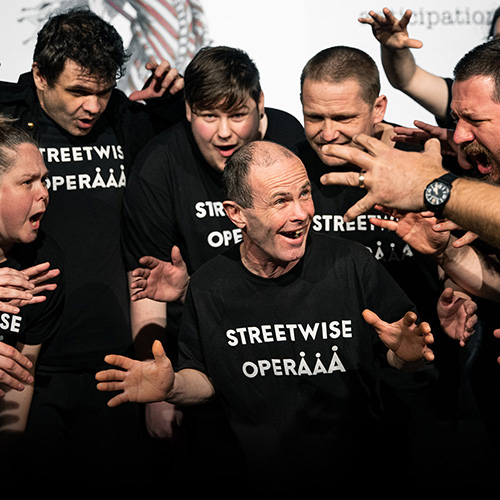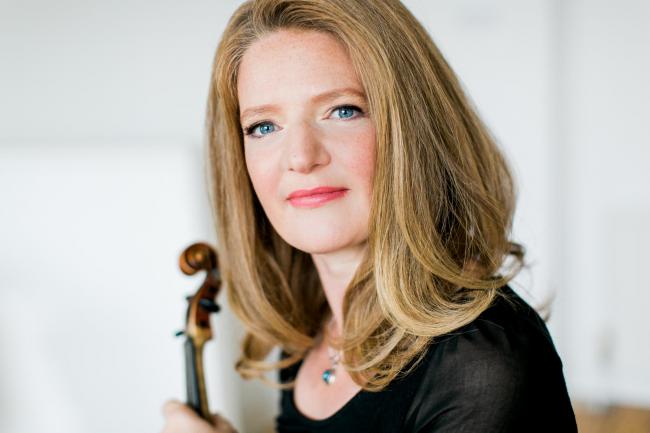
Isata Kanneh-Mason, All Saints’ Church, Helmsley, July 19; Rachel Podger, Castle Howard Chapel, July 20
RYEDALE Festival has not so much stolen into our lockdown imaginations as bounced back into our lives, reminding us what we’ve been missing. Performers normally rely on the adrenaline of an audience. These two ladies, pianist Isata Kanneh-Mason and violinist Rachel Podger, shooting straight for the stars, needed no such help.
It was impossible not to smile at the way Isata Kanneh-Mason dispatched the opening Allegro Vivace of Beethoven’s Sonata in A, Op No 2. Right from the off, she was light-footed – very little pedal – and her long fingers (something we might not have spotted in a live concert) caressed the composer’s wide leaps with carefree wit in the development section. She might have brought a touch more orchestral tone to the chorale-like Largo, but her momentum kept interest alive.
Outwardly playful in the minuet, she was much more plaintive in its minor-key trio. But in the concluding rondo she gave quiet emphasis to Beethoven’s teasing returns to the theme and finished with serene nonchalance.
Samuel Barber’s only sonata, written in 1950, brought out deeper passions. There was drama to burn in the opening Allegro Energico and (as with so much of what Kanneh-Mason does) its form emerged with great clarity. She turned skittish in the second movement, with little squibs exploding all over the texture in what is effectively a scherzo.
There was menace from the start of the Adagio, which reached an angry climax before subsiding into resignation. This was Barber trying his hand at 12-tone techniques, but Kanneh-Mason made much more of it than that.
In the jazz-inspired fugue at the close, her syncopation was heady. Once again clarity was her watchword and the coda brilliantly summarised what had gone before. There was only time for one of Gershwin’s Three Preludes – No 1 in B flat – but its rhythmic cross-currents were crisp and precise. On this evidence, she is a pianist worth travelling a long way to hear.

Rachel Podger has graced this festival several times and always emerged triumphant. If such a thing were possible, she burnished her credentials on Monday. With her flowing hair, she looked as if she might have stepped straight out of one of the Castle Howard Chapel’s pre-Raphaelite stained glass windows, and her solo violin floated magically into the warm halo of the building’s acoustic.
Johann Joseph Vilsmayr’s name does not trip easily off the tongue, even of Baroque specialists. That may be about to change. He belongs to the generation just before Bach, and was a pupil of Heinrich Biber, who was born still another generation earlier, in 1644. Podger gave us the sixth and last of Vilsmayr’s partitas, which are all that survive of his output. It is cast in nine short movements, most of them dance-derived.
Its most lyrical moments occurred in its five Arias, where the composer’s melodic riches were most apparent, enhanced by any amount of double-stopping. But more notable still was Vilsmayr’s use of the instrument’s different registers: Podger found wonderfully varied ‘voices’ for them.
There were subtle echo effects in the jolly Gigue, but they were mere trifles compared to the tricky techniques demanded by the closing Aria Variata. She was equal to them all.
The peak of 17th century scordatura – unconventional tuning – occurs in Biber’s Mystery (or Rosary) Sonatas, onto which he tacked a Passacaglia in G minor, based on a simple tetrachord, here a four-note falling phrase. Podger’s treatment of these variations was breath-taking, all the more so for her seemingly carefree approach. Hard to believe that this was her first “live” performance on five months.
Bach’s Cello Suites are not normally heard on other instruments, least of all No 6, which is written for the five-string cello. Nevertheless Podger’s own arrangement for four-string violin is extremely convincing, particularly because it stays in the original key, D major.
She managed to increase the urgency of the rapid triplets in its Prelude without speeding up and countered it with taut decorations in the stately Allemande. Perhaps closest to her own personality was the frisky Courante, but she was deeply ruminative in the double-stopping of the Sarabande.
She found greater depth than most in the famous Gavotte and topped it all off with a beautifully proportioned, neatly signposted Gigue. Behind her friendly approach and technical prowess lurks a hugely penetrating intelligence.
Finally, a note on the production skills in these broadcasts. One had to admire the gimmicks involved but they were not overused. Fading one camera-shot into another, for example, or even superimposing the player on a stained-glass backdrop were both grist to Patrick Allen’s mill.
It must be admitted, too, that in venues such as Helmsley Church, where sightlines are poor, it is greatly satisfying to be able to see the pianist at close quarters. So while we may lament the lack of social interaction in lockdown streaming, there are definite compensations.
All these concerts are available, free, on Ryestream, up until August 16. Donations are sought – and thoroughly deserved.
Review by Martin Dreyer







